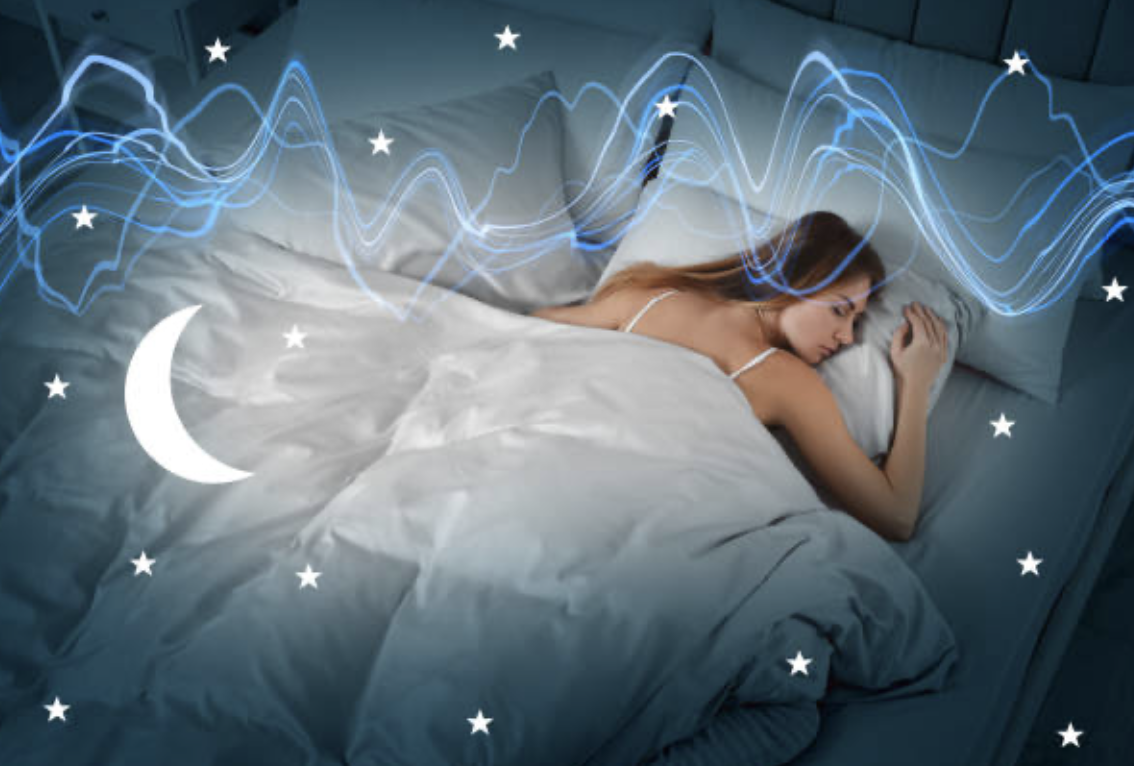Deafness: The Struggle Is Real
While I am not one, many people ‘require’ noise makers to be able to sleep at night. I’m the opposite; with all the noise during the day, I sleep best when there is quiet! Imagine not being able to hear anything…at any time.
Many years ago when my first child was only about three, our family visited a cave. Deep within the cave was a space where total darkness and total silence could experienced. All lights went out and all sounds ceased…until my daughter clearly not understanding the idea, announced to my husband holding her, “Daddy, I need to go to the bathroom!” The crowd with us burst into laughter and ultimately negated the opportunity to experience ‘total silence’, even if we’d wanted it!
Photo credit: chochlear implant
Deafness seems so common in our world, it almost doesn’t seem like a disability. I have a nephew who because of his deafness has a ‘cochlear implant’ since very early in his life. A friend from church is also profoundly deaf and also wears a cochlear device; while my late husband wore hearing aids for years, from damage done to his ears while serving in Viet Nam. While I have no disability, in the Spring and Fall, allergies clog my ears to the point where hearing is limited, and I find it horribly frustrating!
Both my sons, while still young had to have ‘tubes’ placed in their ears so they could hear. My youngest, didn’t have his put in until Kindergarten. His pediatrician, at the time, didn’t recognize how bad his problem was. By the time he was in school, he clearly had some problems going on. His speech was hindered, to the point he spent many hours with a speech therapist after he finally had the ‘tube’s put in.
The depth of hearing loss in my own community, is only the tip of the iceberg! Statistics indicate more than 5% of the world population has some level of hearing loss—which is disabling! The projection is that 1 in every 10 people, by 2050 will suffer disabling hearing loss!
What makes these numbers even more significant are the number of children affected by hearing loss and how many people who don’t even realize how badly they need some kind of intervention.
Hearing loss doesn’t just affect the way you might have conversation with someone. It also impacts the emotional health of those with a hearing loss, due to isolation, and the stigma which it sometimes creates. Additionally, education and employment become significantly more difficult with hearing loss.
Educationally, listening to a lecture in a regular classroom can be severely impacted, as can taking notes, since even if lip reading is a skill, being able to look at what you are writing, negates what you can’t ‘see’ to be able to ‘hear’ of the lecturer’s comments. Further, giving any oral presentation is also compromised. Generally speaking, vocabulary and grammar can be very difficult to comprehend, simply because hearing it doesn’t happen—at least not correctly, much like my young son experienced as a small boy.
Progress is being made to aid those with hearing loss, like offering sign language at large events. In fact many churches are also including a sign language expert to be in front of a congregation so those with hearing loss can ‘hear’ the person speaking. Even a person who can read lips is at a disadvantage when someone inadvertently blocks their view of the person speaking.
Due to the “Hearing Disabilities in the Workplace and the Americans With Disabilities Act”, opportunities, due to assistive technology, whether it be on a computer, smartphone, or even a text telephone, which allows for reading the material in real time and other specific enhancements, are making a difference. Other equipment can be used which blocks out the surrounding noise so the correct sounds can enter the hearing aid a person is wearing.
The loss of hearing is one of the disabilities that gets lost in the ‘disability’ context because, generally speaking you can’t see it. Yet, not being able to hear, can incredibly hinder a person’s quality of life. Hearing aids have become so common place, especially in the ‘senior generation’ we often don’t consider those with any level of ‘deafness’ as having a disability. But for those who cannot hear; the struggle is real!




